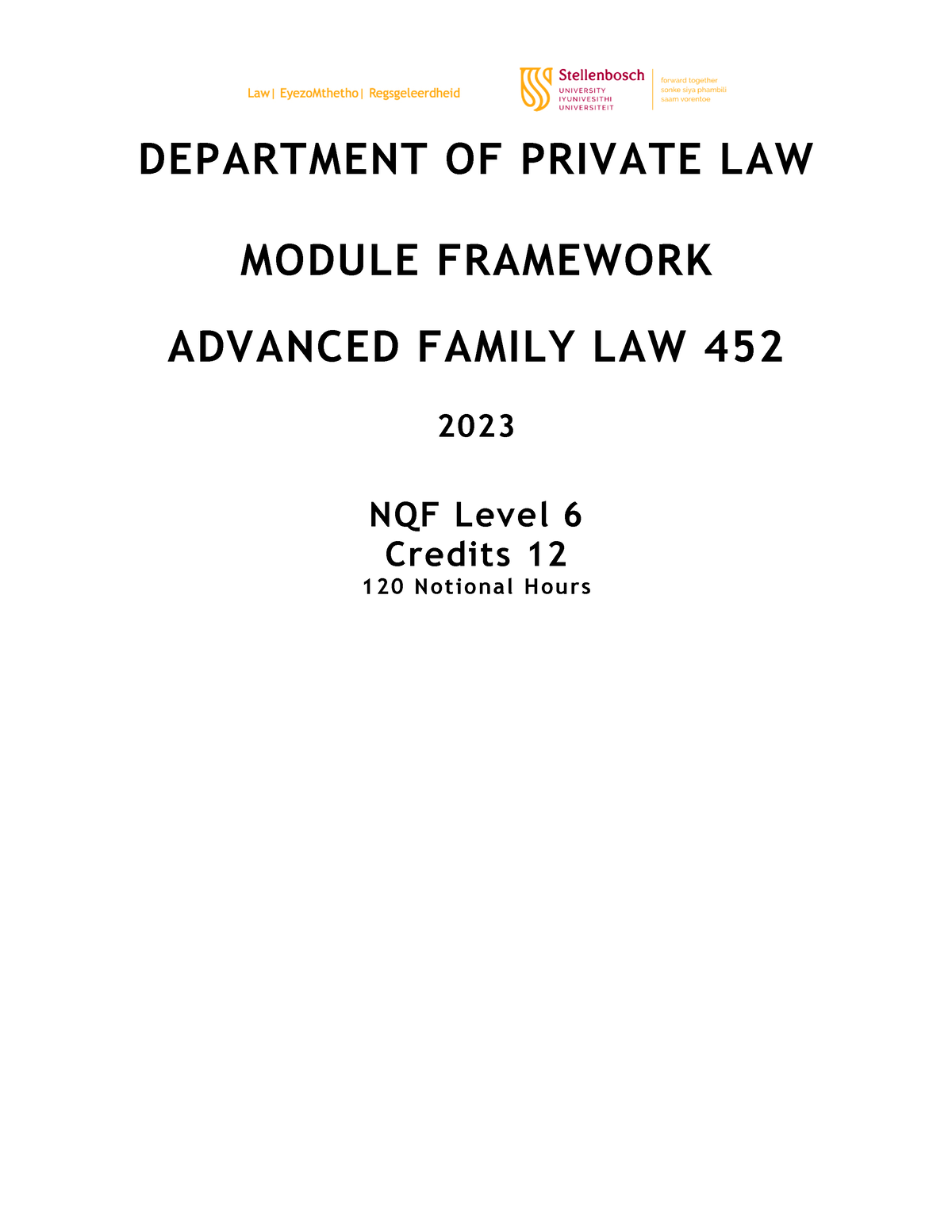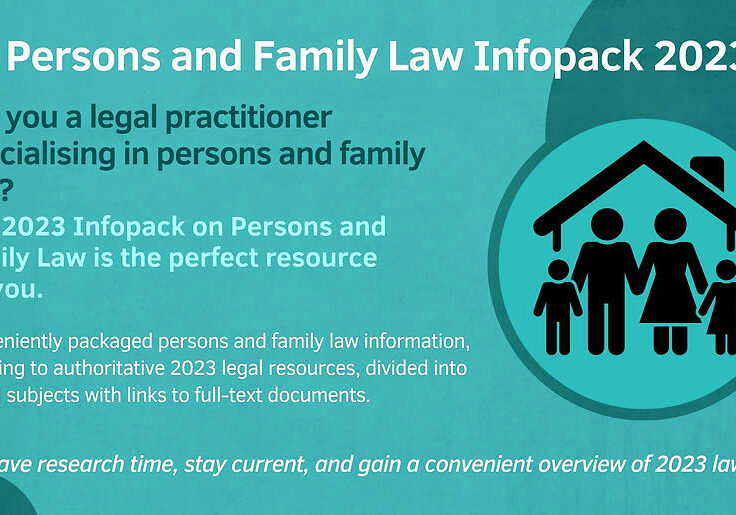Advanced Family Law Topics Covered in 2023
Family law is an ever-evolving field that deals with complex legal issues affecting families. In 2023, various advanced topics have emerged, highlighting significant changes and trends. Understanding these developments is essential for families navigating legal challenges. This blog post will explore key areas such as child custody laws, divorce proceedings, and more, providing insights to help individuals make informed decisions.
Changes in Child Custody Laws

Child custody laws have seen notable changes in recent years, reflecting a shift toward more equitable arrangements. Here are some key points:
- Best Interest of the Child Standard: Courts prioritize the child’s well-being in custody decisions.
- Shared Custody Arrangements: Many jurisdictions now favor shared parenting, encouraging collaboration between parents.
- Impact of Domestic Violence: In cases of abuse, courts may limit custody or visitation rights to ensure safety.
- Parental Alienation Concerns: Courts are increasingly vigilant about signs of parental alienation, which can affect custody outcomes.
These changes aim to promote healthier family dynamics and ensure children’s needs are at the forefront of custody decisions.
Trends in Divorce Proceedings

Divorce proceedings are becoming more streamlined and less adversarial, reflecting a societal shift towards collaboration. Key trends include:
- Mediation and Collaborative Divorce: Many couples are opting for mediation instead of traditional litigation to resolve disputes amicably.
- Use of Technology: Virtual hearings and online filing systems have made the process more accessible and efficient.
- Focus on Financial Transparency: Couples are encouraged to disclose all financial information to facilitate fair settlements.
- Emphasis on Emotional Support: Divorce support groups and counseling services are gaining popularity to help individuals cope with the emotional aspects.
These trends indicate a shift toward more compassionate approaches in divorce, emphasizing cooperation over conflict.
Impact of Social Media on Family Law Cases
Social media has transformed the way we communicate and connect, and it has also made a significant impact on family law cases. In today’s digital age, platforms like Facebook, Instagram, and Twitter play a crucial role in legal proceedings, especially in family law. Here are some key aspects of how social media affects these cases:
- Evidence Collection: Posts, photos, and messages can be used as evidence in custody and divorce cases. Courts may consider social media activity when determining parental fitness or lifestyle choices.
- Reputation and Credibility: How individuals present themselves online can influence their credibility in court. Inappropriate posts may damage one’s reputation and affect legal outcomes.
- Privacy Concerns: Many people underestimate the public nature of social media. Privacy settings may not always protect sensitive information, which could be disclosed during legal proceedings.
- Cyberbullying and Harassment: Social media can facilitate harassment, which may become a significant issue in domestic violence or custody cases.
Understanding the implications of social media is crucial for anyone involved in family law cases. Being mindful of online behavior can help protect one’s interests during legal disputes.
Legal Issues Surrounding Domestic Violence
Domestic violence is a serious issue that impacts families and can significantly affect legal proceedings. Understanding the legal landscape surrounding domestic violence is vital for those seeking help or navigating the legal system. Here are some key points:
- Definition of Domestic Violence: This encompasses physical, emotional, and psychological abuse within intimate relationships. Legal definitions may vary by state.
- Protective Orders: Victims can seek restraining orders to protect themselves from abusers. These orders can be temporary or permanent, depending on the situation.
- Impact on Custody Decisions: Courts take allegations of domestic violence seriously. Such claims can influence custody arrangements, with the safety of the child being the primary concern.
- Resources for Victims: Numerous organizations provide support, including legal assistance, counseling, and shelter options for those affected by domestic violence.
Addressing domestic violence is crucial for the safety and well-being of families. Those experiencing abuse should seek help and understand their legal rights.
Understanding Prenuptial Agreements
Prenuptial agreements, often called prenups, are legal contracts made before marriage that outline how assets and debts will be handled in case of divorce. Understanding these agreements is essential for couples considering marriage. Here’s what you should know:
- Purpose of Prenups: They help clarify financial expectations and protect individual assets. This can be especially important for those entering marriage with significant assets or business interests.
- Key Components: Prenups typically cover asset division, debt responsibility, and spousal support. Some couples may also include clauses about financial responsibilities during the marriage.
- Enforceability: For a prenup to be enforceable, it must be fair and properly executed. This includes full disclosure of assets and the absence of coercion during the signing process.
- Benefits of a Prenup: They can reduce conflict during a divorce, protect family businesses, and provide financial clarity for both partners.
While discussing a prenup can be uncomfortable, it can lead to more secure and transparent financial discussions, strengthening the relationship before marriage.
Updates on Adoption Laws
Adoption laws have undergone significant changes in recent years, reflecting societal shifts and a growing understanding of the needs of children and families. These updates aim to make the adoption process more accessible and transparent. Here’s a look at some key updates in adoption laws:
- Streamlined Processes: Many states are simplifying their adoption procedures to reduce delays and paperwork. This is particularly beneficial for families eager to welcome a child into their home.
- Openness in Adoptions: There is a trend toward open adoptions, where birth parents maintain some level of contact with their children. This approach can benefit the child by providing a sense of identity and connection to their roots.
- Foster Care Adoption: More emphasis is being placed on adopting children from the foster care system, with many states providing financial incentives and support for families who choose this route.
- Recognition of Diverse Family Structures: Laws are increasingly recognizing the validity of different family structures, including same-sex couples and single parents, making it easier for all families to adopt.
These updates reflect a more compassionate and inclusive approach to adoption, ensuring that more children find loving homes and that families have the support they need during the process.
Financial Considerations in Family Law
When it comes to family law, financial considerations play a crucial role in various aspects, from divorce settlements to child support. Understanding these financial factors can help individuals navigate their legal options effectively. Here are some key considerations:
- Asset Division: During a divorce, assets are typically divided equitably. This means that both spouses should receive a fair share of the marital property, which may include homes, savings, and retirement accounts.
- Child Support: This financial support is crucial for the upbringing of children after divorce. Courts consider both parents’ income and the child’s needs when determining the amount.
- Spousal Support: Also known as alimony, this may be awarded to one spouse to help maintain their standard of living post-divorce. The duration and amount can depend on various factors, including the length of the marriage.
- Legal Fees: Navigating family law can be expensive. It’s essential to budget for attorney fees, court costs, and other related expenses, as they can add up quickly.
Being aware of these financial considerations can empower individuals to make informed decisions during emotionally challenging times.
Frequently Asked Questions
Family law can be complex, and many individuals have common questions. Here are some frequently asked questions to clarify common concerns:
- What is the difference between legal and physical custody? Legal custody refers to the right to make decisions about a child’s upbringing, while physical custody pertains to where the child lives.
- How is child support calculated? Child support calculations vary by state, but they typically consider both parents’ incomes and the child’s needs.
- Can I modify a custody agreement? Yes, custody agreements can be modified if there is a significant change in circumstances, such as a parent’s relocation or changes in the child’s needs.
- What should I include in a prenuptial agreement? Important aspects include asset division, debt responsibility, and any specific provisions related to spousal support.
Understanding these common questions can help individuals feel more confident as they navigate family law issues, ensuring they are better prepared for discussions with legal professionals.
Conclusion and Future Outlook
As we wrap up our discussion on advanced family law topics covered in 2023, it’s clear that the landscape is evolving rapidly. From changes in child custody laws to the impact of social media on legal cases, families today face a myriad of challenges and opportunities. Understanding these issues is vital for anyone navigating the family law system.
Looking ahead, we can anticipate further changes driven by societal shifts, technological advancements, and ongoing discussions about family dynamics. Some areas to watch include:
- Increased Emphasis on Mental Health: There is a growing awareness of the mental health implications of family law issues. Future laws may prioritize mental well-being in custody and divorce cases.
- Technology’s Role: As technology continues to advance, we can expect more online resources and tools for families. This could lead to more streamlined processes and access to information.
- Focus on Diversity: The legal system may continue to evolve in recognizing and supporting diverse family structures, making it more inclusive for everyone.
- Policy Changes: Advocacy for child welfare and victims of domestic violence is likely to drive policy changes, leading to more protective measures and resources.
In conclusion, staying informed about these developments is crucial for individuals and families facing legal challenges. As family law adapts to reflect contemporary values and needs, understanding these changes can empower individuals to make informed decisions about their futures.


